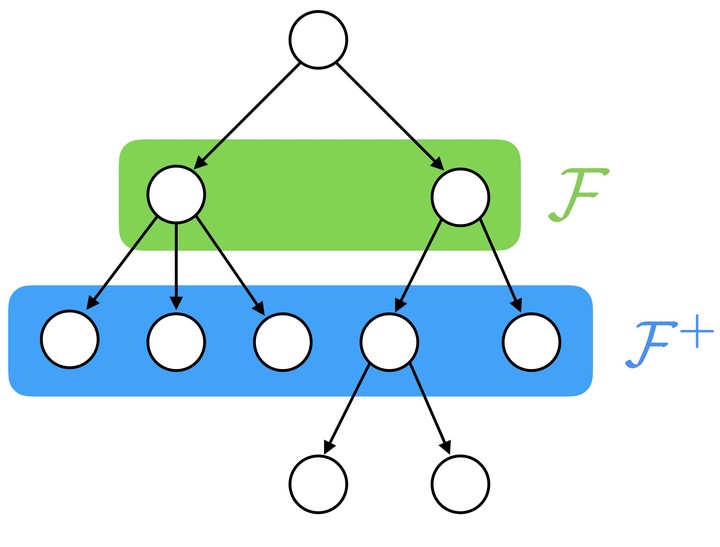Online adaptive basis refinement and compression for reduced-order models via vector-space sieving
 An example of a full refinement.
An example of a full refinement.Abstract
In many applications, projection-based reduced-order models (ROMs) have demonstrated the ability to provide rapid approximate solutions to high-fidelity full-order models (FOMs). However, there is no a priori assurance that these approximate solutions are accurate; their accuracy depends on the ability of the low-dimensional trial basis to represent the FOM solution. As a result, ROMs can generate inaccurate approximate solutions, e.g., when the FOM solution at the online prediction point is not well represented by training data used to construct the trial basis. To address this fundamental deficiency of standard model-reduction approaches, this work proposes a novel online-adaptive mechanism for efficiently enriching the trial basis in a manner that ensures convergence of the ROM to the FOM, yet does not incur any FOM solves. The mechanism is based on the previously proposed adaptive $h$-refinement method for ROMs [12], but improves upon this work in two crucial ways. First, the proposed method enables basis refinement with respect to any orthogonal basis (not just the Kronecker basis), thereby generalizing the refinement mechanism and enabling it to be tailored to the physics characterizing the problem at hand. Second, the proposed method provides a fast online algorithm for periodically compressing the enriched basis via an efficient proper orthogonal decomposition (POD) method, which does not incur any operations that scale with the FOM dimension. These two features allow the proposed method to serve as (1) a failsafe mechanism for ROMs, as the method enables the ROM to satisfy any prescribed error tolerance online (even in the case of inadequate training), and (2) an efficient online basis-adaptation mechanism, as the combination of basis enrichment and compression enables the basis to adapt online while controlling its dimension.